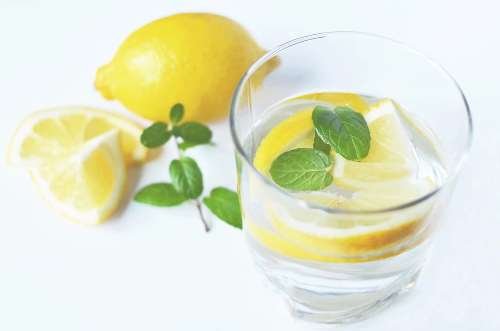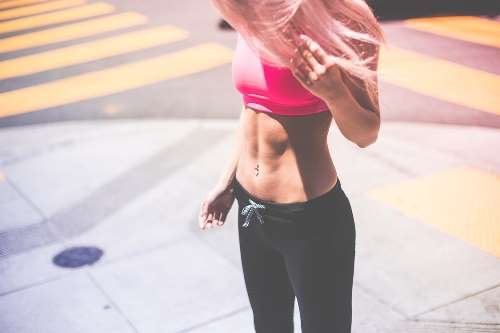How Important Is Drinking Enough Water?
Have you ever heard the old wives’ tale that drinking 8 glasses of water a day almost always keeps the doctor away?
Okay, maybe that’s not exactly how the rhyme goes but most people would generally agree that a minimum of 8 glasses of water a day is the way to go to ensure your blood, joints and organs stay free from toxins and functioning at their best.
But is that really true?
Are 8 glasses of water really the secret to staying healthy?
While some health gurus swear that simply 8 glasses of fluids (most have some water in them) is ideal, new studies are showing that in reality, the ideal water intake like most things varies from person to person.
However, before calculating exactly how much water your body needs, it is important to keep these facts from SELF-Magazine in mind.
- It takes a loss of only 1% – 2% of your body’s ideal water content to cause dehydration.
- An average person loses about 90 ounces of water daily. This is before any exercise.
- In order to re-hydrate, it takes an additional 3-4 glasses of water.
With these statistics in mind, one of the most important variables to consider when creating a hydration plan is your weight.
3 factors that will affect your hydration levels
1. Your activity level
According to Chris Kesser, creator of ChrisKresser.com, one of the top 25 natural health sites in the world, for every 100 lbs. of weight, a person should drink about 50 oz. or 3 bottles of water. Of course, this amount will fluctuate depending on vigorous exercise or if it’s extremely hot outside (seriously, San Diego it’s fall!), but using a guide of 50 ounces to every 100 lbs. will ensure you stay hydrated consistently throughout the day.
Now keep in mind, this 50 for every 100 ratio assumes no physical exercise (so if you’re joining us in San Diego for one of our personal group training HIIT sessions you’ll need to add 3-4 more glasses or at least one and a half more water bottles) and no additional diuretics.
2. Your caffeine consumption
Although there has been significant research on whether or not caffeine is a true diuretic, according to the Mayo Clinic’s website, “Drinking caffeine–containing beverages as part of a normal lifestyle doesn’t cause fluid loss in excess of the volume ingested. While caffeinated drinks may have a mild diuretic effect — meaning that they may cause the need to urinate — they don’t appear to increase the risk of dehydration.” It is probably a best practice to drink a glass of water with your morning coffee, but as far as dehydration is concerned, caffeine does not play a major role.
3. Your alcohol intake
What certainly plays a major role; however, is alcohol.
As we all know from one too many rounds with the girls, alcohol can cause severe dehydration when not closely monitored. According to LiveStrong.com, this is because alcohol blocks the release of the hormone ADH, or anti-diuretic hormone, that is needed for water re-absorption. Instead, without this hormone, kidneys simply excrete any water as urine rather than storing it in your body.
As a result, you can become severely dehydrated even after just a few drinks.
To mitigate this water loss, researchers recommend rotating an alcoholic drink with a full glass of water to ensure your body stays hydrated and you stay looking and feeling your best.
How many glasses of water do you drink a day? Do you add anything in it like lemon or lime or do you prefer to drink it plain? Tell us in the comments!








